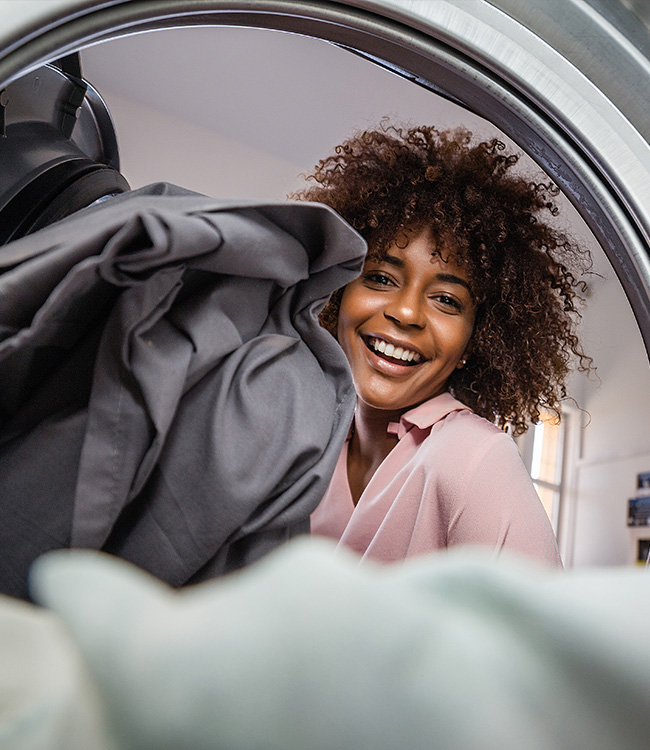We’ve seen consumers face something of a dilemma during the pandemic in terms of hygiene versus the environment. Many people have shifted their habits towards safety first and foremost, such as the usage of harsher cleaning products or using disposable kitchen rolls for cleaning around the home instead of reusable cleaning tools. However, post-pandemic – we expect the environment to come back into consumer thinking at an even greater level than before and that will encourage even more growth for specialist green brands. What can cleaning brands to do prepare for this, and how can they motivate consumers to get involved with green cleaning?
There is hope for eco-friendly product sales to grow
Mintel research from 2019 shows that although the proportion of consumers who buy exclusively green products is low, those who are engaged with green products are looking to increase their involvement. In fact, a third of people who buy eco-friendly household care products increased the number they bought in the last six months. This underlines the growth we’ve seen in terms of sales for eco-friendly brands.
More than ever, consumers recognise that they themselves can make a difference to the future of the planet, and are really showing the intent to do so. If brands can make it easier for consumers to act on that intent, then we will continue to see significant growth in the coming years.
Green cleaning products are heading into the mainstream
Offering some kind of tangibility is typically really key to driving engagement, which is why brands have focused a lot on cutting plastic. More products are being designed to reduce the impact on the planet in this manner, and the launch of brands like Ocean Saver (an eco-friendly cleaning brand reducing the use of single-plastic products) into Sainsbury’s shows that concentrated refills are no longer just on the periphery.
Ocean Saver’s Power Cleaning Eco Drops were developed to fight the use of single-used plastic
Source: Ocean Saver
These brands have an obvious benefit in terms of cutting down on plastic usage, but it’s also important to recognise the impact they have on cutting down energy consumption and emissions from shipping products around. Up to 90% of cleaning products is water, so concentrated refills can create a vast reduction in terms of weight and bulk.
There are lots of these refill products coming onto the market from small brands, and even mainstream brands like Cif and Mr Muscle have put investment into them. Similarly, retailers like Waitrose are exploring in-store refill stations for eco brands, so these products are going to gain even more attention and awareness as people explore the cleaning aisles.
Cif’s ecorefill range comes in a reusable spray bottle for life and uses 75% less plastic
Source: Cif
Mr Muscle’s Kitchen Cleaner Concentrate is sold in a reusable trigger bottle and offers product refills on Amazon
Source: SC Johnson
We’d expect messaging around biodegradable ingredients and reducing carbon emissions to become hot topics for brands and manufacturers in the coming years, but it’s going to be hugely important for these companies to undertake a longer-term education strategy in order to help consumers fully understand why and how this makes a difference to the planet. Concepts like carbon are nuanced and complex, so consumers will need guidance.
What we think
The barriers to eco-friendly products have typically been perceived efficacy and cost. These two barriers are slowly coming down, which is helping to aid growth of the green market, but they will still need to be addressed for green brands to fully capitalise on the environmental sentiment that exists. Eventually, we will see a convergence between traditional and green to the point where all products have to be considered to do better for the planet to be successful.
































